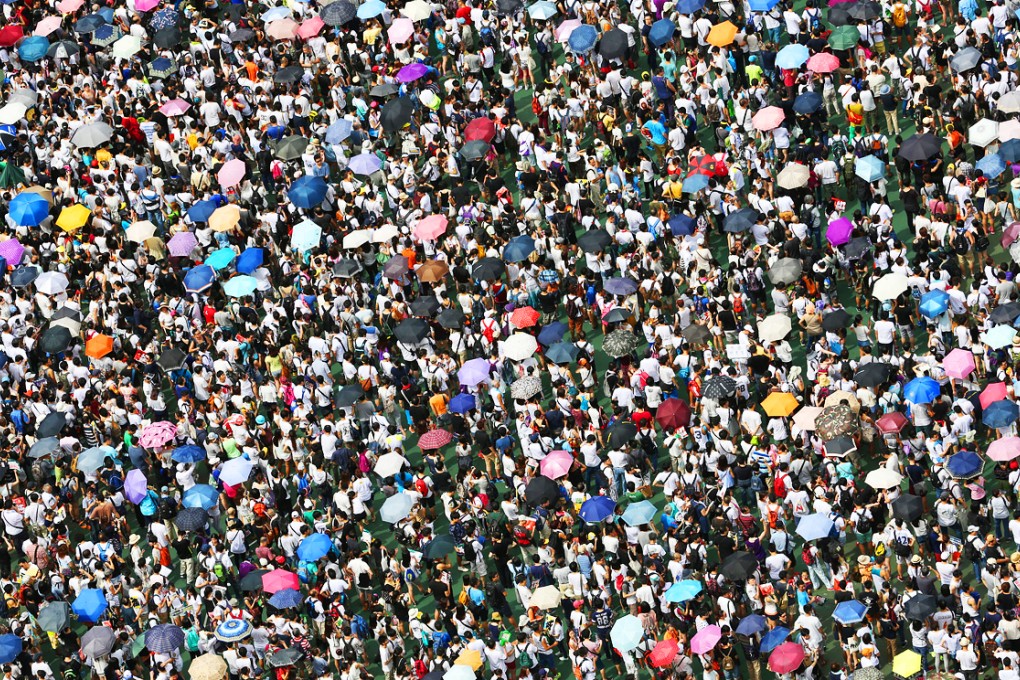Beijing's tough line on electoral reform threatens moderate pan-democrats
Beijing's tougher-than-expected framework for electing Hong Kong's chief executive by universal suffrage in 2017 could spell the end of the road for moderates in the pan-democratic camp.

Beijing's tougher-than-expected framework for electing Hong Kong's chief executive by universal suffrage in 2017 could spell the end of the road for moderates in the pan-democratic camp.
In June 2004, shortly after veteran pro-democracy lawmaker Lau Chin-shek made a surprise plea for a "big reconciliation" between the pan-democratic camp and Beijing, he was invited to meet chief executive Tung Chee-hwa. Lau told Tung that the central and Hong Kong governments should seize the opportunity to engage in dialogue with democrats of his generation who had affection for the mainland.
Headway was made in September 2005 when 59 lawmakers, including those from the pan-democratic camp, were invited for an ice-breaking trip to the Pearl River Delta.
In 2010, Beijing and the Democratic Party reached a deal for a more democratic Legislative Council election in 2012 after intense behind-the-scenes talks.
In the past few months, moderate voices in the pandemocratic camp and some liberal-minded academics have been advocating dialogue with Beijing.
In March, a team of 18 academics, led by SynergyNet vice-chairman Dr Brian Fong Chi-hang and former Democratic Party lawmaker Law Chi-kwong, came up with a compromise proposal that dispenses with the public nomination of candidates for the top post, an idea dismissed by Beijing as inconsistent with the Basic Law.